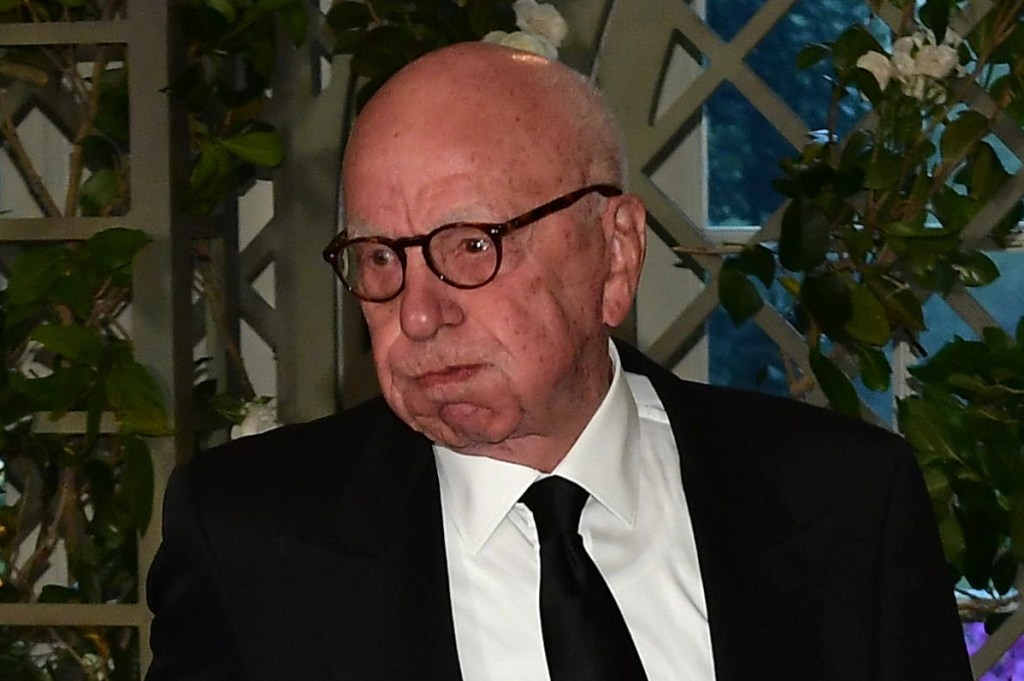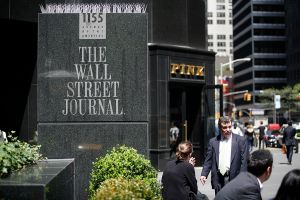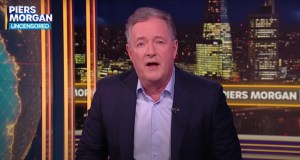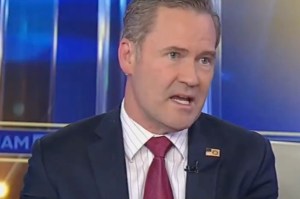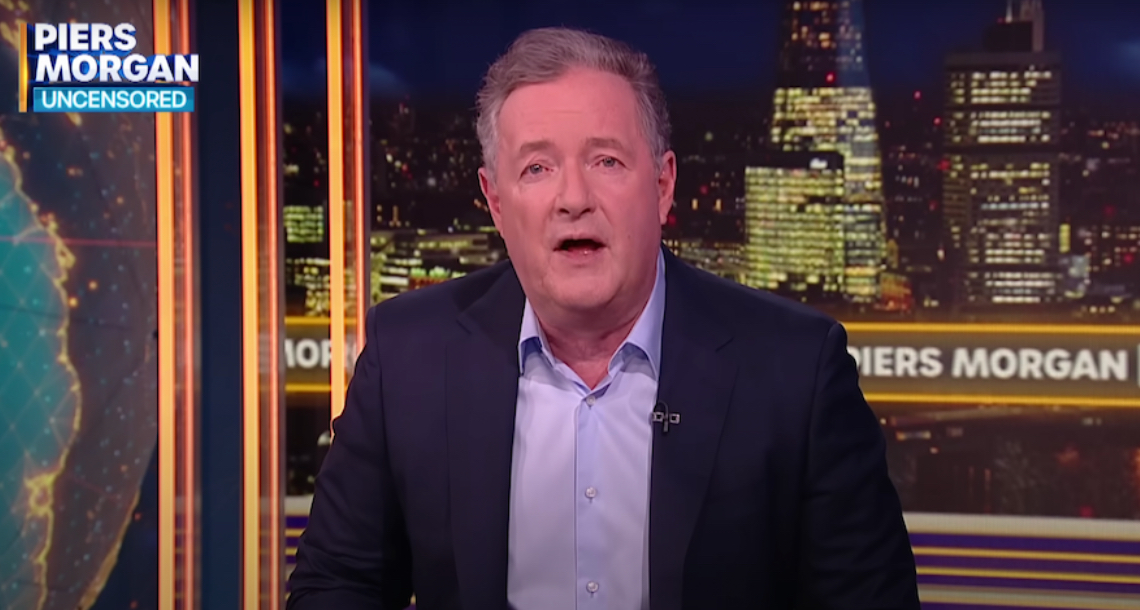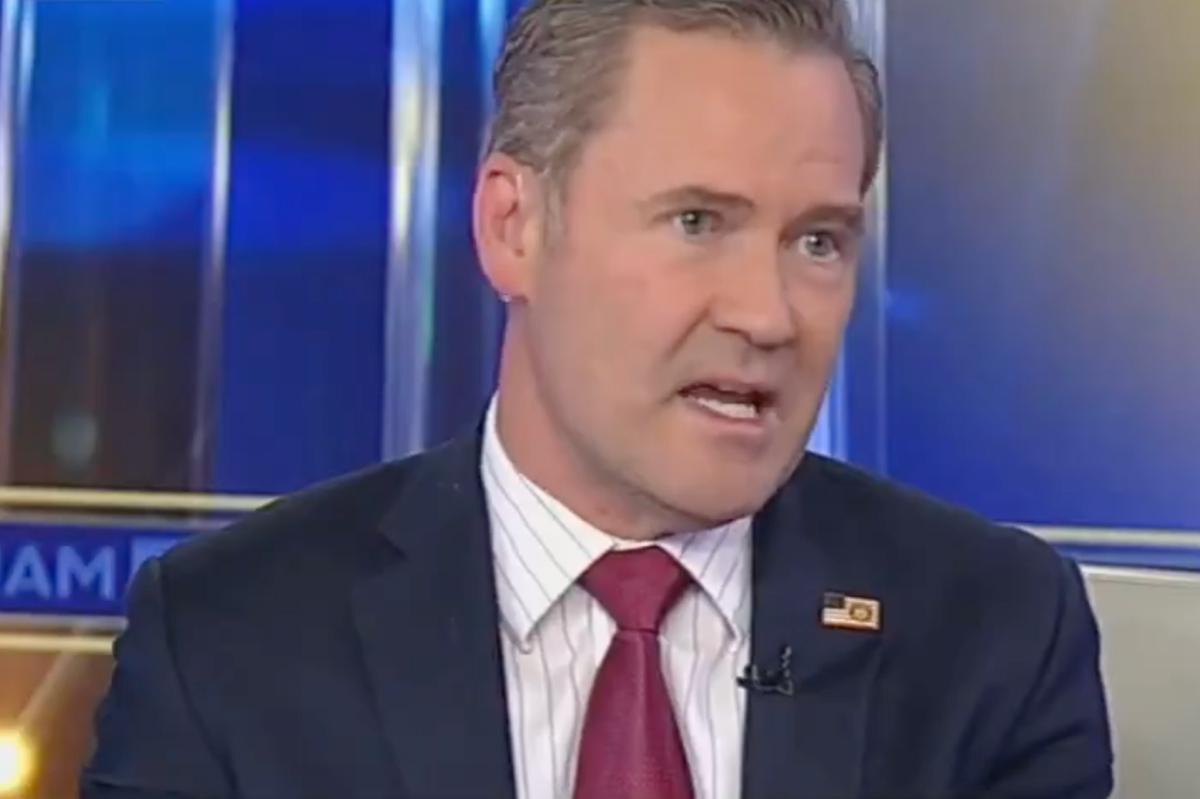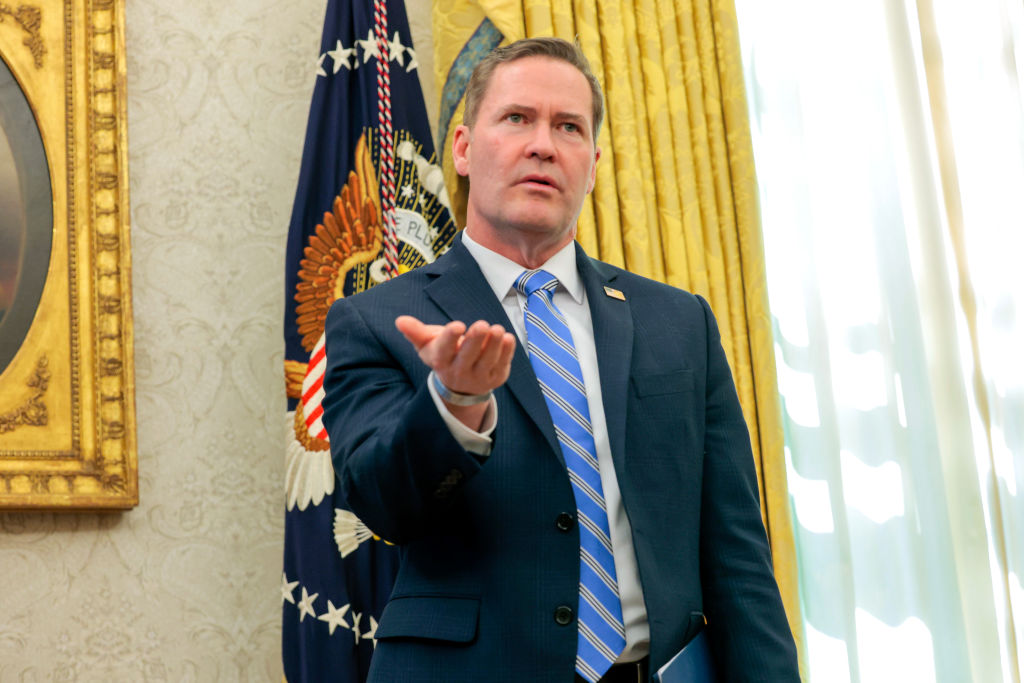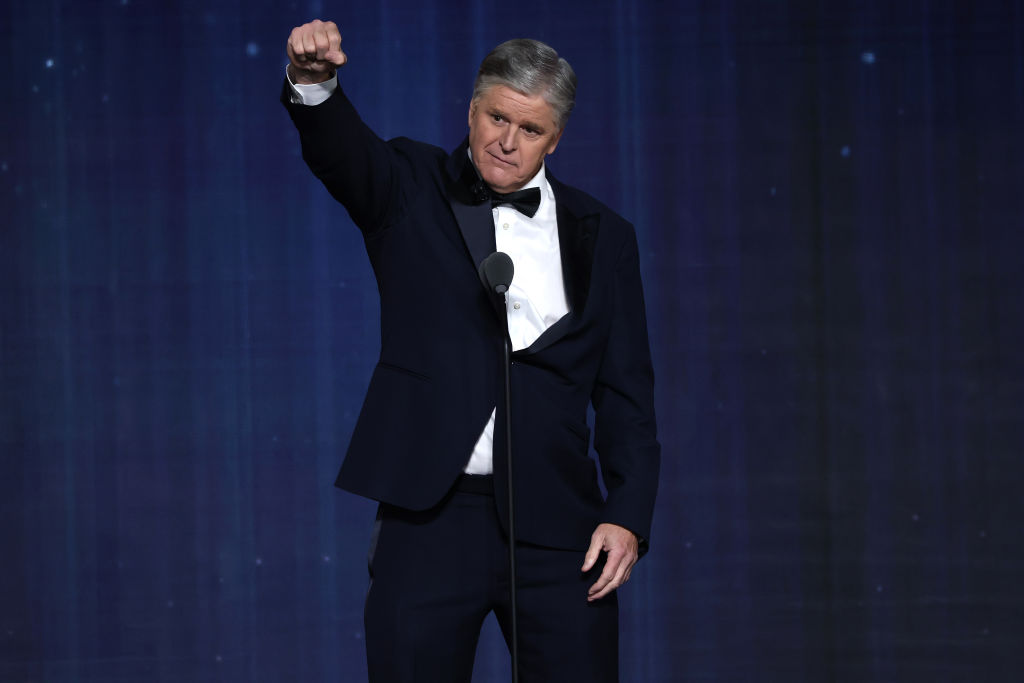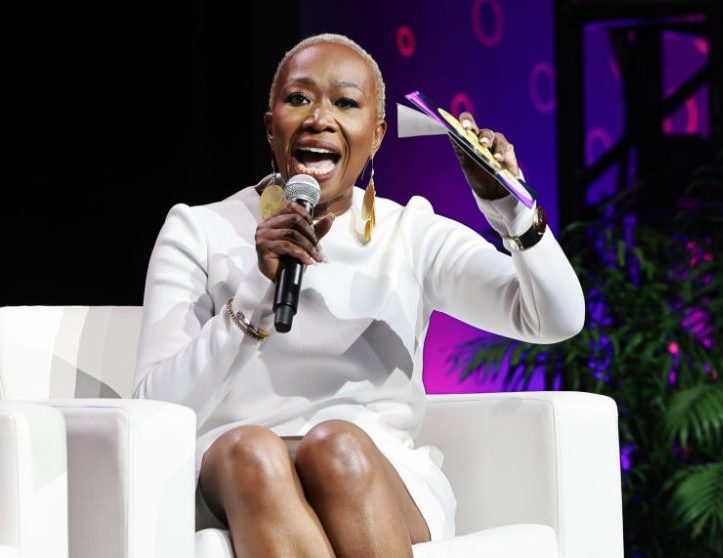Cockburn doesn’t want to come over as too preoccupied with the New York Times: indeed, he’s just spent the last hour or so opining about yet another mischaracterization of the Brexit situation in Britain. But it seems right to direct a rare compliment towards the Gray Lady: her tableaux about the inner workings of the Murdoch family in the forthcoming magazine is a hell of a read.
We all know followers of this blog are people on a tight schedule, so dedicating time to peruse tens of thousands of words about Rupert, Lachlan, James and co. might not be at the top of their agenda when there are cocktails to sup and opium to smoke. So for your convenience, here are the key findings of Jonathan Mahler and Jim Rutenberg’s weeks of work:
Nothing like a bit of sibling rivalry
The brunt of the story focuses on the fractious family drama playing out between Rupert Murdoch and his sons Lachlan and James. Each of them went through a rebellious stage: Mahler and Rutenberg describe how James ‘flirted with becoming a medieval historian and joined the staff of The Harvard Lampoon before dropping out in 1995 to follow the Grateful Dead and start an independent hip-hop label, Rawkus Records.’ Lachlan meanwhile was left languishing in Australia with his model wife for around a decade, before being invited back into the Murdoch dynasty fold. The Times writers describe ‘an awkward arrangement’ when Lachlan returned in 2015, with Rupert giving both sons equal responsibility and titles, as the two were ‘very different people, with very different politics, and they were pushing the company toward very different futures.’ Lachlan, the elder son, favored an ‘unabashedly nationalist, far-right and hugely profitable political propaganda machine’, where his younger brother James sought a ‘multiplatform news-and-entertainment brand that would seem sensible to any attendee of Davos or reader of The Economist.’ Neither sounds particularly sexy to Cockburn…but maybe that’s just the way the Times writers have chosen to characterize the contrasting ideologies.
Lachlan is very conservative
Just to really hammer this point home, the piece portrays James as a centrist, globalist type, whereas Lachlan is more……antipodean, shall we say. Per NYT:
‘Lachlan once presented himself at one of the family’s papers to express displeasure with its decision to run an editorial in support of same-sex marriage, according to three people who knew about the interaction at the time. (Lachlan said through a representative that he had no recollection of the incident and that he supports same-sex marriage.) According to people close to him, Lachlan questions what he sees as the exorbitant cost of addressing climate change and believes that the debate over global warming is getting too much attention.’
The article features various rebuttals along these lines from Murdoch family representatives, which really makes you hope Mahler and Rutenberg have dotted the ‘i’s and crossed the ‘t’s.
Lachlan’s political leanings have everything to do with the tolerance of some of Fox News’s fruitier takes recently, or so the Times authors would have you believe:
‘When Tucker Carlson came under fire for his increasingly pointed attacks on immigration — “We have a moral obligation to admit the world’s poor, they tell us, even if it makes our country poorer and dirtier and more divided” — he received personal text messages of support from Lachlan, according to two people familiar with the texts.’
Not that this concerns Lachlan’s father of course. Mahler and Rutenberg are at great pains to prove that the elder son is the golden child:
‘Murdoch’s face would light up when Lachlan would roll his chair nearer to him at meetings — and they quickly learned which son to go to with questions and requests. (“And Lachlan?” Murdoch would ask, whenever executives told him that they had spoken to James about something.)’
Cain and Abel had less acid.
The junior Murdochs don’t agree on much…except hating their stepmother
While for the most part, the authors seem to be bidding for the chance to pen a screenplay for the next series of the Murdoch-inspired drama Succession, they do note a few moments when James and Lachlan present a united front, in an attempt to save their father from himself:
‘[Lachlan] and James had tried to talk their father out of marrying Wendi over a 1999 dinner at the Manhattan restaurant Babbo — she was the rare subject on which the two sons agreed — and both of them had grown even less fond of her in the years that followed. James and at least one other company executive had heard from senior foreign officials that they believed she was a Chinese intelligence asset. And family members felt that she treated their father terribly, calling him “old” and “stupid.” (A spokesman for Wendi Murdoch denied these claims.)’
Old, fair enough. But stupid? Rupert Murdoch? A rather unfair adjective to describe the media mogul in Cockburn’s eyes.
Another fleeting topic of agreement between the brothers was the need to oust Roger Ailes, though they had different reasons for desiring it:
‘Lachlan had clashed repeatedly with Ailes early in his career in New York. He told friends that he reached his breaking point with his father in 2005 when he learned that Murdoch had said to Ailes, “Don’t worry about the boy.” For his part, James saw Ailes as a boorish showman who embodied many of the most retrograde impulses of the network’s opinion programming: its nativism; its paranoiac attitude toward Muslims and undocumented immigrants; its embrace of conspiracy; and, maybe most of all, its climate-change denialism.’
Is it weird to anyone else that ‘being a perv for decades’ doesn’t come higher on the list?
Rupert risked Lachlan’s ire with the 21st Century Fox sale to Disney
After returning from exile, Lachlan anticipated fully taking the reins of the Murdoch empire. So understandably he was upset to learn of his father’s plans to sell off a large chunk of the business to Disney:
‘“Why the [expletive] would I want to run this company?” he told people close to him. Lachlan’s anger at his father boiled over during a dinner in Manhattan in the fall of 2017, three people who were familiar with the incident told us. “If you take one more call on this deal, you will not have a son!” he threatened. “I will never talk to you again.” (Representatives for Murdoch and Lachlan denied that he made these threats.)’
Cockburn is alarmed to learn that Australians could have such a temper!
Uncle Rupert didn’t always take Trump seriously
The narrative of the feature plays out over several decades, showing how Rupert Murdoch and Donald Trump became intertwined over the years, particularly after Murdoch’s acquisition of the New York Post. Who could forget that Marla Maples ‘best sex I’ve ever had’ headline? But while Donald and Rupert always worked well together, the prospect of Trump as a serious presidential candidate didn’t immediately sit right with the baron:
‘“He’s a [expletive] idiot,” Murdoch would say when asked about Trump, three people close to him told us (Through a spokeswoman, Murdoch denied that he ever used this phrase to describe Trump.).’
Given what’s unfolded since, it appears this judgment may have jumped the gun.
Trump takes criticism from Fox very personally
The most widely-quoted anecdote from the feature concerns an insight into how much Trump cares about what Fox News viewers think of him. While the Donald was happy with how he was received by the likes of Sean Hannity and Laura Ingraham, some of the more neutral or critical coverage rubbed him up the wrong way. Take Bret Baier’s show for example:
‘After the Fox contributor and Weekly Standard editor Stephen F. Hayes called Trump “a clown,” Trump faxed Baier a copy of his résumé, with a note scrawled across it in black marker: “Tell Hayes no clown could have done all this!”’
The love went both ways though. With Trump safely in the White House, he would enjoy taking calls from Rupert, who had stepped in to fill Roger Ailes’s shoes:
‘“Rupert, Rupert!” Trump would say, talking on the phone with Murdoch in the Oval Office, according to a former White House official who overheard the conversations. “You love the action, don’t you? You can’t get enough of this shit.”’
Bari Weiss was wrong about Australia
If, for some reason, you chose to Google New York Times op-ed columnist Bari Weiss, one of the first suggestions that pops up is ‘bari weiss australia’. This is because of a nuclear article from back in January, when the writer went Down Under and decided it was Utopia because there were fewer libs to own:
‘Australians are also, mercifully, not in the midst of a raging culture war. At home, friends are largely delineated by political tribe; couples that date across the divide are newsworthy. Here, it is normal. The political is not personal, and that’s not just because so many of the big issues that tear Americans apart (health care, guns, the social safety net) are settled. It’s that Australians never seem to doubt that there is more to life than politics.’
Her colleagues in the investigations department are evidently not on the same page, as they dedicate several paragraphs to the Murdochification of the Australian airwaves:
‘Known as Sky After Dark, the opinion-heavy, almost-uniformly right-wing lineup was an entirely new phenomenon in Australian TV. Its nighttime ratings spiked as the network quickly became required viewing for the country’s political class.’
The story describes how Lachlan deployed culture warriors to focus on the ouster of Malcolm Turnbull from the Australian prime ministership, with the nationalist Scott Morrison filling his shoes. Still, who cares about being accurate when you can expense the flights?
It’s not what you know, it’s who you know
It really is very important that Times readers know about the intimate ties between the Trump White House and Fox News. (Forget CNN head Jeff Zucker’s bid for New York mayor or the number of Obama staffers on his payroll, it’s not relevant!) Alongside Trump’s appointment of Ailes’s right-hand man Bill Shine in the White House comms department comes this delicious morsel:
‘[Hope Hicks]…remained very close to the president, the Trump family and others in the White House. (Kushner has privately told people that he provided a reference for her to Murdoch.)’
Imagine having Jared Kushner, vice-undersecretary of basically everything, as one of your references. Alright for some!
The full three articles really are worth a read, if you can stomach the prospect of a Times subscription fee. Cockburn wonders whether you might prefer to sign up to Spectator USA’s Blend newsletter here instead. It is free after all…



